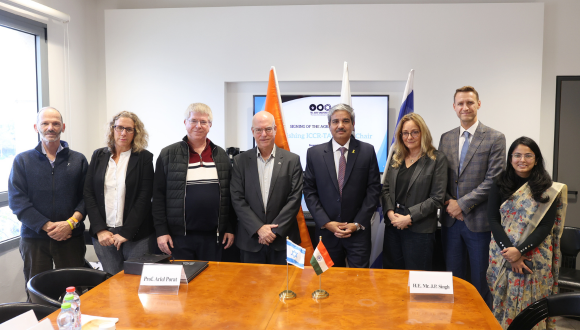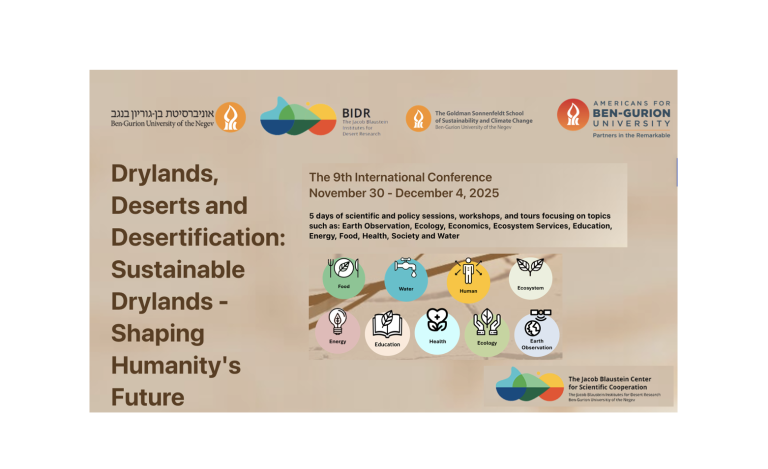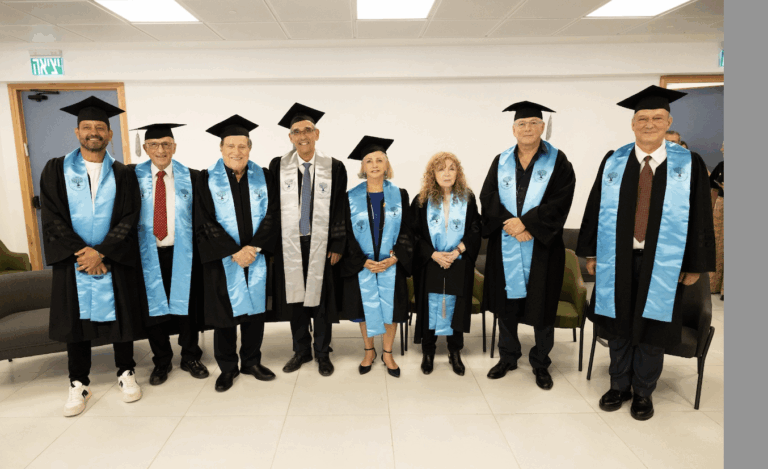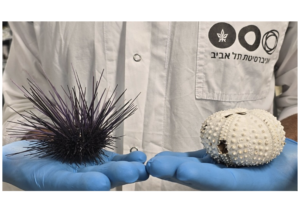Weizmann Institute of Science (Israel): A new course helps women through a difficult point in their careers

Even today, in 2016, the decision to become a parent carries a heavier burden for women, particularly those who wish to have a career. For scientists combining motherhood with building a career in science, this can be overwhelmingly challenging: Both society and workplace demand that they be at their best at all times. Three accomplished professors at the Weizmann Institute of Science understand this dilemma firsthand, which is why they created a course for female students who are expecting or are considering starting a family.
Profs. Maya Schuldiner of the Molecular Genetics Department, Nirit Dudovich of the Physics of Complex Systems Department and Michal Sharon of the Biomolecular Sciences Department were discussing the challenges their female students undergo as they move from childlessness to motherhood, and they reflected on the difficulties they had experienced during this time in their lives.
“Why don’t we give them the benefit of our own experience? We all wished we had such a course when we were in that situation. Maybe if we’d had one, the transition to becoming a mother would have been easier for us.” – Michal Sharon
The three professors approached Prof. Daniella Goldfarb, the President’s Advisor for Advancing Women in Science, who was happy to allocate funds for the course. They then consulted Orit Viterbo, Head of Social Work at the Institute, and she joined them in the planning and execution of the course. Finding interested participants for the course was the easy part; the difficulty was in having to turn away others. To maintain an intimate and open environment, the course is limited to twenty women.
The course consists of six sessions, in which the young women are taught practical solutions for managing their career and family life, emphasizing the need to maintain open communication with their advisors and set realistic expectations. Decision making is another area they work on, as is learning to define their own interpretation of success and learning to pay less attention to the expectations of others.
“We are part of this culture in which, as women, we are pushed to be perfectionists. To be the best mother ever. To be the best scientist ever. We say: You don’t have to be best at one or the other. You can be happy about the way you mother and happy about the way that you do science, and you can combine them in a way that is optimal for you and not the outside world.” – Maya Schuldiner
Although the presence of women in the field of science has seen notable increase, there is still much progress to be made. At the Weizmann Institute 85 percent of the principal investigators are male. In the life sciences 70 percent of the PhD students are female, but they make up only 15 percent of the principal investigators. The childbearing period is also the critical juncture where women often decide not to proceed to the next stage in a scientific career. Indeed, many women at the Weizmann Institute of Science have their children while they are doctoral students. According to Schuldiner quite a few women obtain advanced degrees; it is the lack of support just when they are deciding whether to continue that often leads them to abandon their careers. This, she says, is why the course is vital. The women who participate are learning how to navigate a challenging situation, but during this process they also become confidantes who encourage one another and continue to meet after the conclusion of the course.
“When a student feels her situation is impossible, even if it doesn’t directly help to solve her specific problem for the day, knowing that other women – women who eventually succeeded in their careers – faced the same difficulties, it gives her some perspective. I think there is something relaxing about knowing that you are not the only one who faces certain difficulties.” – Nirit Dudovich
Schuldiner, Dudovich and Sharon all say that the biggest lesson they hope the participants will take away is that they are the sole proprietors of their careers. Balancing motherhood and a scientific career is difficult, but with the correct approach it is doable and can be very successful.
“There are voices that say if you try to combine family and a career, this is doing science like a woman. We say this is a good thing: Do science like a woman! ” – Schuldiner
The Weizmann Institute of Science is committed to enhancing the representation of women in leadership roles in science. Assistance in the form of both financial and social support is available to young women facing crucial junctions in their careers and who exhibit passion and promise. To view the various resources the Advancing Women in Science Program offers, visit: http://www.weizmann.ac.il/WomenInScience/.






